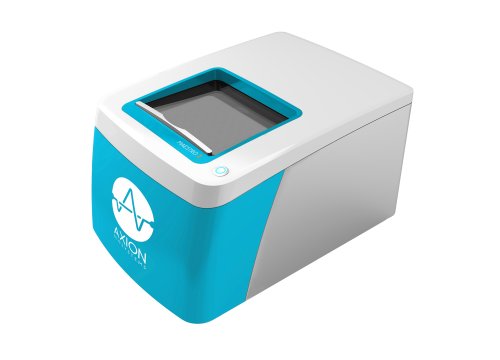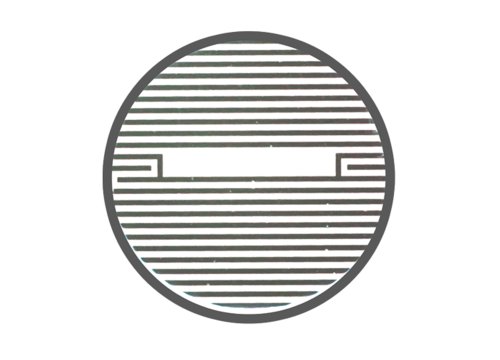Tessa Gargett, Lisa M Ebert, Nga T H Truong, Paris M Kollis, Kristyna Sedivakova, Wenbo Yu, Erica C F Yeo, Nicole L Wittwer, Briony L Gliddon, Melinda N Tea, Rebecca Ormsby, Santosh Poonnoose, Jake Nowicki, Orazio Vittorio, David S Ziegler, Stuart M Pitson and Michael P Brown
Journal for ImmunoTherapy of Cancer, September 2022
Scientists use Axion’s label-free Maestro Z to assess the function of CAR T cells in vitro.
Early phase trials have demonstrated that CAR T therapy is safe and feasible for patients with glioblastoma (GBM) but little clinical efficacy has been shown. In this study, scientists validated glycolipid tumor antigen GD2 as a promising target in GBM and other brain tumors, characterized patient-derived CAR T cells in vitro and tested them in orthotopic xenograft mouse models, and used a multiplatform approach to uncover markers of tumor control. To examine the function of CAR T cells co-cultured with a variety of GD2+ tumor cell lines and manufactured from patients with GBM and diffuse intrinsic pontine glioma (DIPG), the scientists performed real-time cytotoxicity assays on Axion’s label-free, noninvasive Maestro Z platform. Together with other results, the findings demonstrated several factors associated with tumor control and survival in GBM mice and suggest that “targeting GD2 using a clinically deployed CAR-T-cell therapy has a sound scientific and clinical rationale as a treatment for glioblastoma and other aggressive primary brain tumors.”

